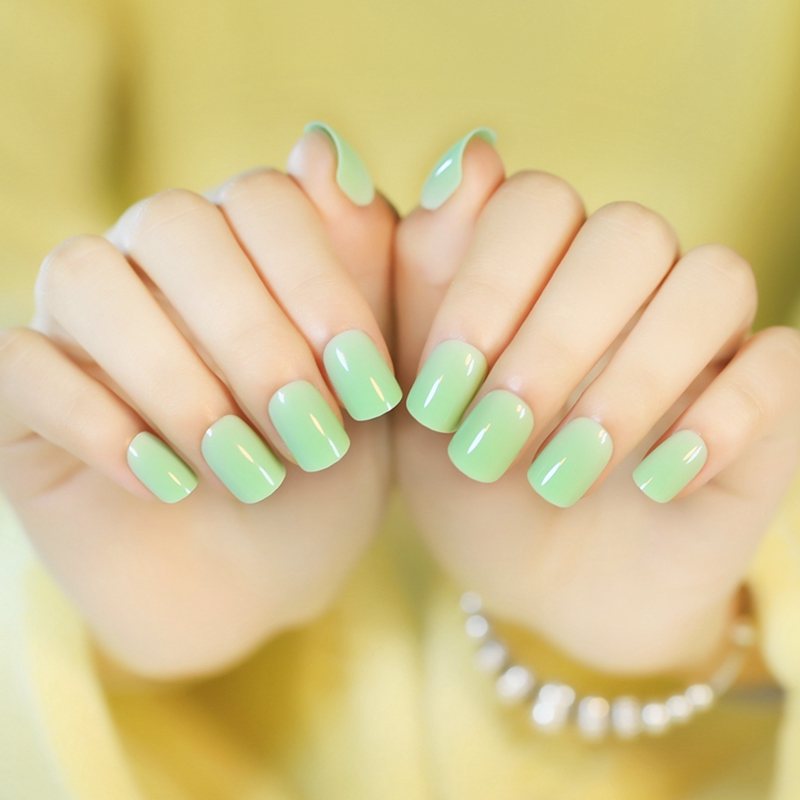Many undesirable nail conditions can be avoided through proper fingernail care. Others might indicate an underlying condition that needs attention.

Understanding Fingernails:
Your fingernails — composed of laminated layers of a protein called keratin — grow from the area at the base of the nail under your cuticle. Healthy fingernails are smooth, without pits or grooves. They’re uniform in color and consistency and free of spots or discoloration. Too much exposure to water over a period of time weakens the nail plate and causes all kinds of damage.
Sometimes fingernails develop harmless vertical ridges that run from the cuticle to the tip of the nail. Vertical ridges tend to become more prominent with age. Fingernails can also develop white lines or spots due to injury, but these eventually grow out with the nail.
Consult your doctor or dermatologist if you notice:
- Changes in nail color, such as discoloration of the entire nail or a dark streak under the nail
- Changes in nail shape, such as curled nails
- Thinning or thickening of the nails
- Separation of the nail from the surrounding skin
- Bleeding around the nails
- Swelling or pain around the nails
To keep your fingernails looking their best:
Keep fingernails dry and clean. This prevents bacteria from growing under your fingernails. Repeated or prolonged contact with water can contribute to split fingernails. Wear cotton-lined rubber gloves when washing dishes, cleaning or using harsh chemicals.
Do not handle the Cuticle: The cuticle is the natural barrier to fungus and bacteria — and once you breach that, protection is lost. This will not only make cuticles look worse — red, swollen, and ragged — but may also land you a nasty infection that harms the nail bed and leads to permanent nail damage. And while cutting cuticles holds the most potential for harm, pushing them back can cause problems as well.
File your nails the right way: File your nails in a back and forth motion, only in one direction, as it is gentler on the nail.
Use moisturizer. When you use hand lotion, rub the lotion into your fingernails and cuticles, too. Make sure your cuticles and the skin around the nails are moisturized as much as possible,using a cuticle balm at night may help boost moisture.
Apply a protective layer. Applying a nail hardener might help strengthen nails.
Ask your doctor about biotin. If your nails are prone to breakage, it could mean they need moisture — and putting oil around the cuticle helps moisturize the entire nail, which will reduce the incidence of chipping, cracking, and splitting. Some research suggests that the nutritional supplement biotin might help strengthen weak or brittle fingernails.
Look for a Keratin-based polish: Keratin is extremely important to the natural nail’s flexibility. Avoid products that have ingredients like ammonia and bleach, which can weaken your precious claws.
With proper nail care, your brittle fingernails will be a thing of the past and you’ll know how to maintain beautiful nails!